From pv magazine 01/2022
How do you see the market for n-type technologies today?
We see demand growing already. Today, PERC is still the mainstream technology in PV, but it is approaching its limits in terms of efficiency. In n-type, there is still a lot of room for improvement, and it is beginning to attract big attention.
Thanks to improvements in the key equipment for n-type cell and module production, the cost of investment for TOPCon technology is getting lower, and we can reach large-scale production very quickly. In PERC technology, the investment per gigawatt is around CNY 150 million ($23.5 million), and now for TOPCon it is about CNY 200 million. So it is already quite close, and we have a roadmap to bring it even closer in the near future.
For TOPCon, you can upgrade from an existing PERC line as well, so there is plenty of interest from a lot of established players. And as the scale gets larger, the costs will drop even lower. We think that TOPCon technology is the most cost efficient in the market today, and it will be the next-generation mainstream technology.
You mention improvements on the equipment side – is this largely down to Jolywood’s POPAID (plasma oxidation and plasma assisted in-situ doping) deposition, which reduces the number of process steps?
Yes, our first generation of TOPCon modules required 12 steps in processing, and we have now reduced this to nine, which is the same as PERC. All of our production lines are now operating with this ‘TOPCon 2.0’ technology, and we are working on the third generation, which will require even fewer steps. We hope by the end of next year we will be ready to bring this third generation into mass production.
This year, PV manufacturing has been hit with rising prices and supply chain disruption – how has Jolywood been affected?
This has caused us a lot of headaches this year, it’s true. Due to control of energy consumption policies in China, we have had to cut down on production. And we have had other difficulties along the value chain. For example, one of our suppliers sent us a notification that they would have to cease production for four whole days. It is difficult to secure materials for our production, and many suppliers are in a similar situation.
Silicon prices have also increased dramatically, and with this energy control policy, silicon manufacturers are unable to expand their capacity – so this could be an ongoing problem into next year.
And how has this year’s PV price increase impacted the cost gap between PERC and TOPCon?
Now the difference is about $0.02 per watt. The increase in prices has not affected only silicon – virtually all component suppliers have raised prices. Encapsulant film, for example: We use two layers of POE film in our modules, and the price for this has increased by 40%. With glass there has been a shortage and the price has increased by more than 25%. Aluminum frames and the junction box have gone up significantly as well. On top of this, shipping costs have gone up dramatically, and we don’t see any possibility for them to fall again in the near future.
So it has been quite challenging for us. But what we can do is keep close communication with our suppliers and our customers, and try to find a balance to reduce losses both for us and our customers.
Are your customers already delaying orders further into 2022, in the hope of lower prices?
Not really. Many had already postponed orders from the first half of the year to the second half, and now they don’t have any time left. Many have tight deadlines for delivery, so there is strong pressure on manufacturers, but a shortage in materials and energy limitations at the same time. For 2021, we think only the upstream industry will be able to achieve profits, while returns will be very low for module manufacturers.
And what can you tell me about Jolywood’s expansion plans?
We are building out a factory in Indonesia, this has been slowed due to Covid restrictions – our engineers have been unable to travel without lengthy quarantine periods. But we hope to bring this factory online early in 2022. The factory is primarily being built to serve local markets, we have an agreement for a big project in Indonesia, which includes local content requirement for the modules. Longer term, we will also be targeting the U.S. market with products from this factory as well.
We are also building a new factory in Shanxi province, China, for high efficiency n-type cells, and it is targeting 16GW capacity, to be completed in two 8GW phases.
And all Jolywood modules are produced in house, is that correct?
We have some OEM contracts, but for module assembly only. The solar cells are always ours – it’s not possible for us to buy other n-type cells. We also supply some cells to other manufacturers.
Which size wafers are you currently using?
We have both M6 (166 mm) and M10 (182 mm) in production, and the M10 size is mainstream for us. This year we will also be introducing G12 (210 mm) to production. And we will still produce some products with M6, particularly for residential markets. But for most of our orders today, the mainstream is M10.
And Jolywood has partnered with Munich Re to offer a ‘double warranty’ – could you tell us what’s behind this?
With our n-type technology we offer a 30-year performance warranty, and n-type has a very low degradation rate – the warranty covers 0.4% annual degradation. Additionally, we also have reinsurance with Munich Re, so customers are doubly protected. And with support from an insurance company, even in the event of a warranty claim, we can handle things more easily. There won’t be problems for us with cash flow, or anything along those lines.
This content is protected by copyright and may not be reused. If you want to cooperate with us and would like to reuse some of our content, please contact: editors@pv-magazine.com.
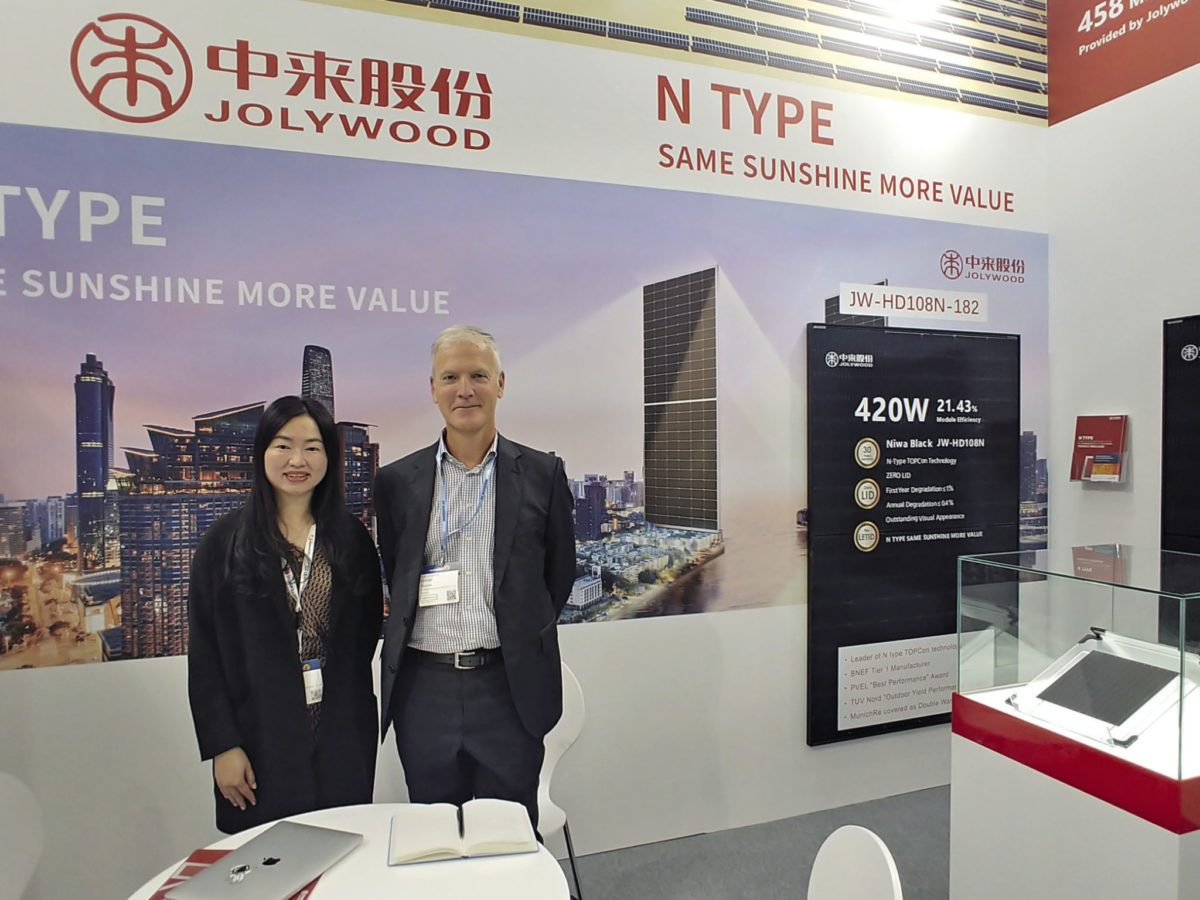
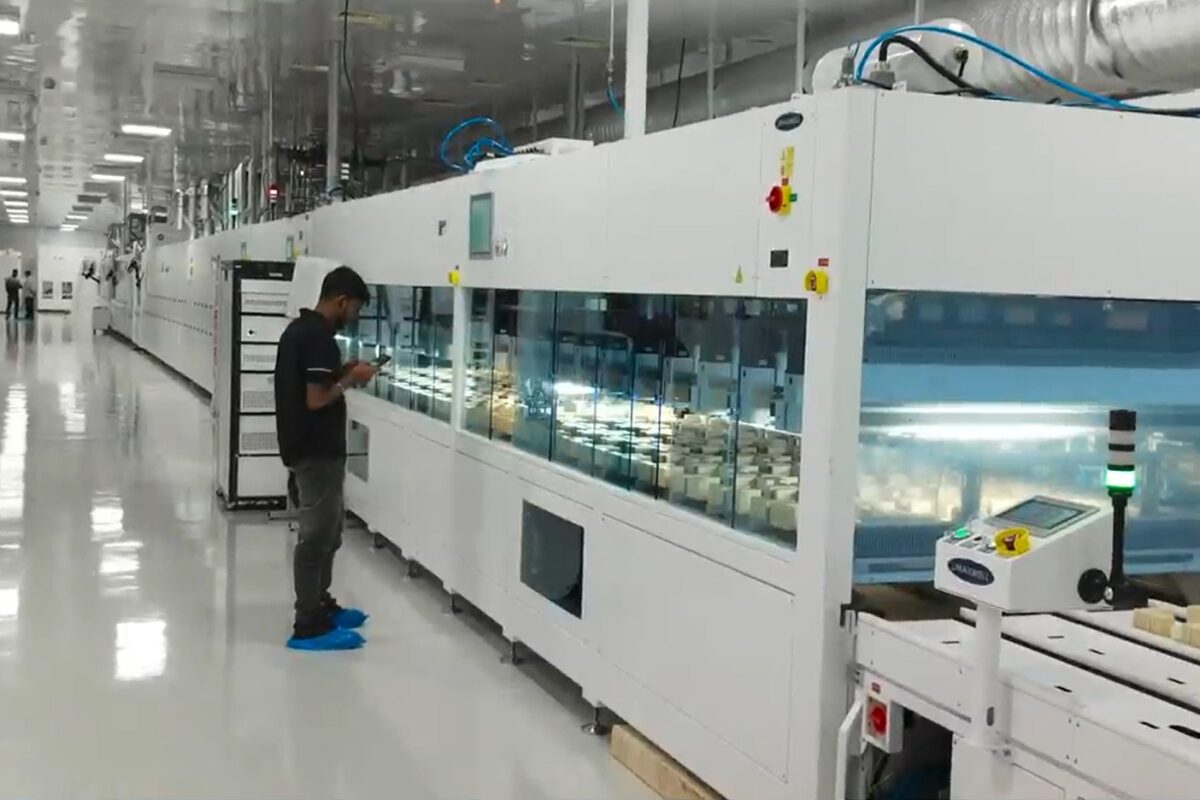



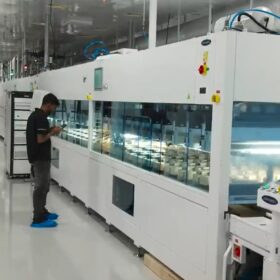
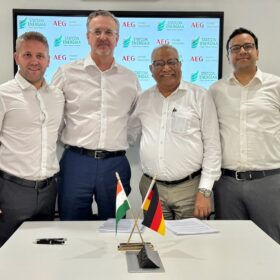
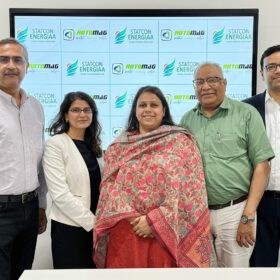
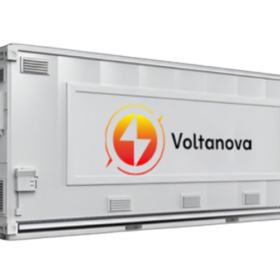
By submitting this form you agree to pv magazine using your data for the purposes of publishing your comment.
Your personal data will only be disclosed or otherwise transmitted to third parties for the purposes of spam filtering or if this is necessary for technical maintenance of the website. Any other transfer to third parties will not take place unless this is justified on the basis of applicable data protection regulations or if pv magazine is legally obliged to do so.
You may revoke this consent at any time with effect for the future, in which case your personal data will be deleted immediately. Otherwise, your data will be deleted if pv magazine has processed your request or the purpose of data storage is fulfilled.
Further information on data privacy can be found in our Data Protection Policy.